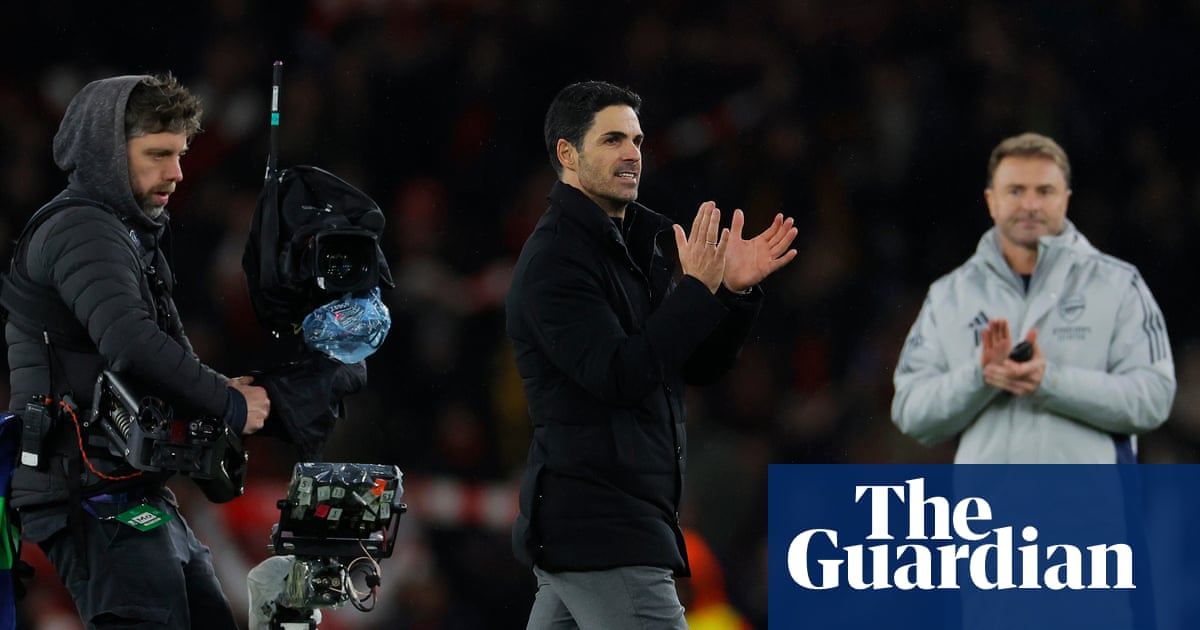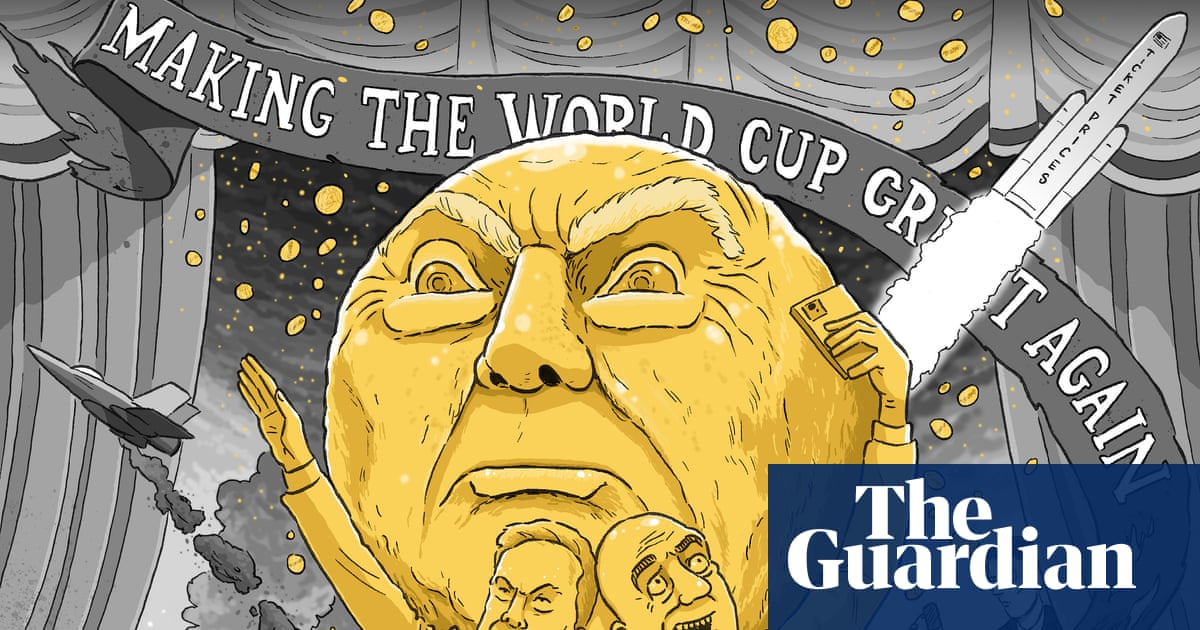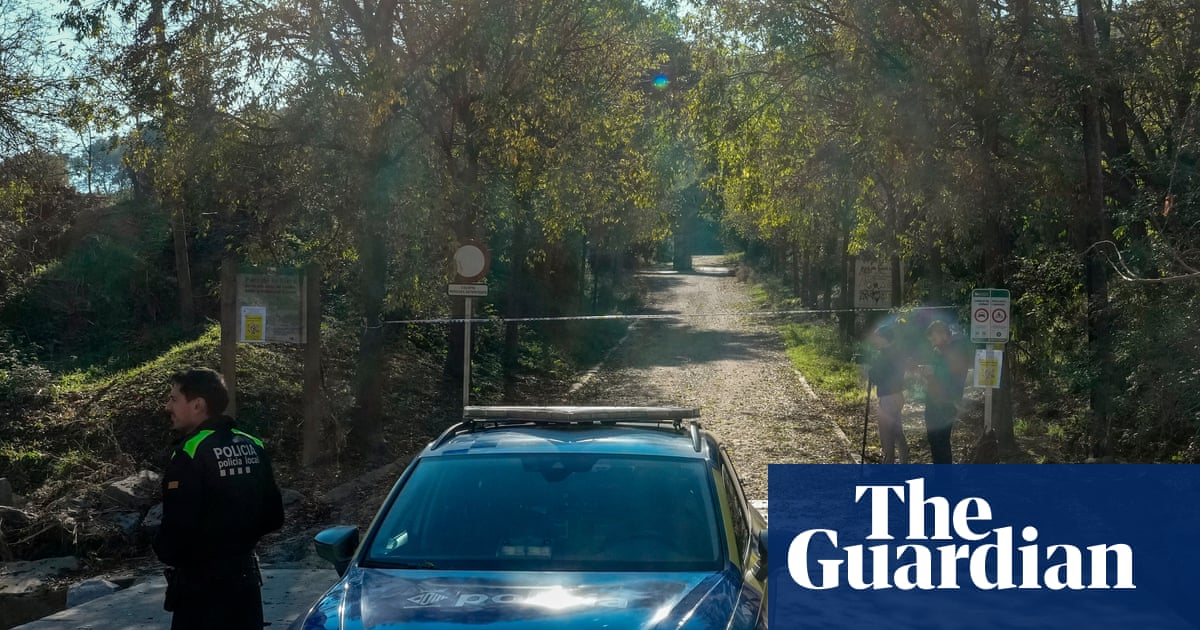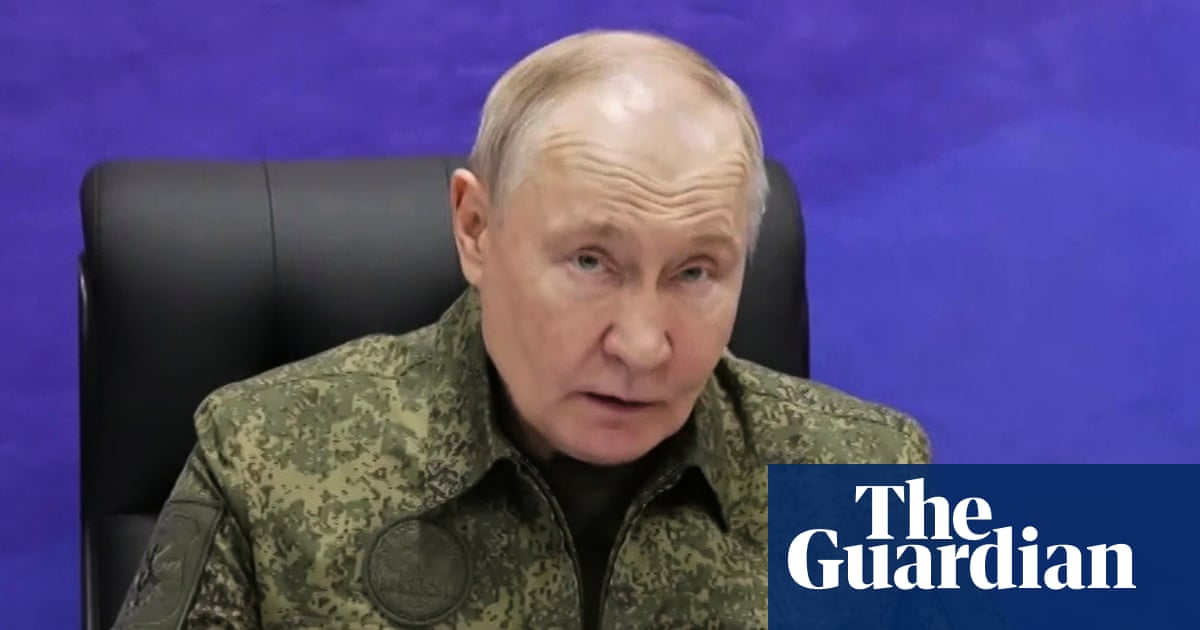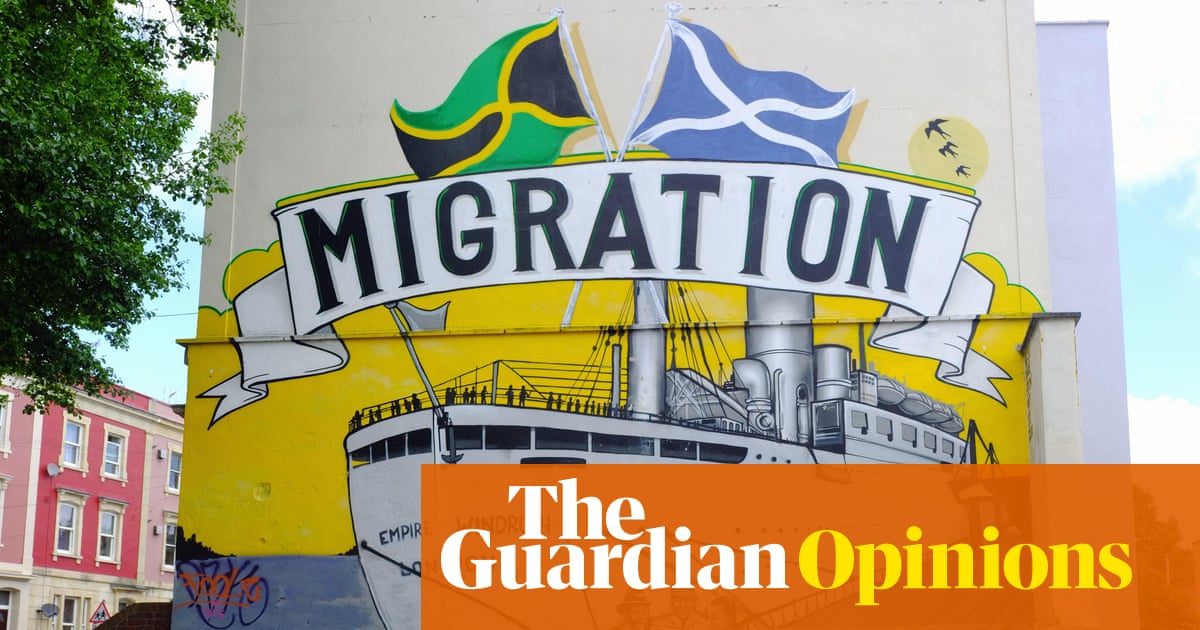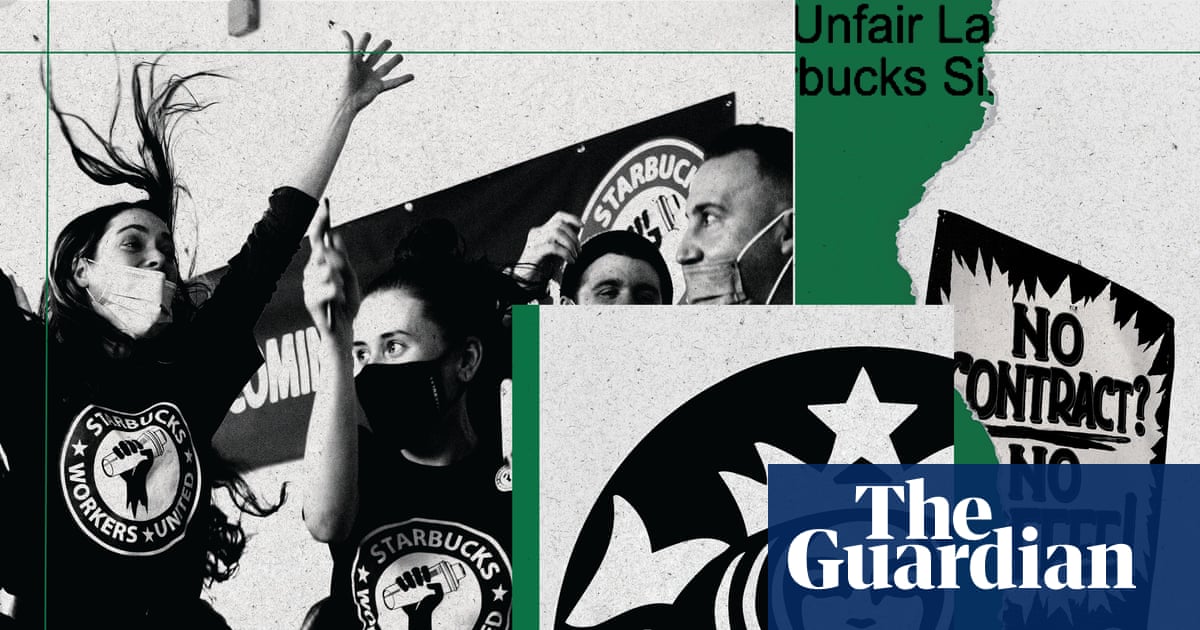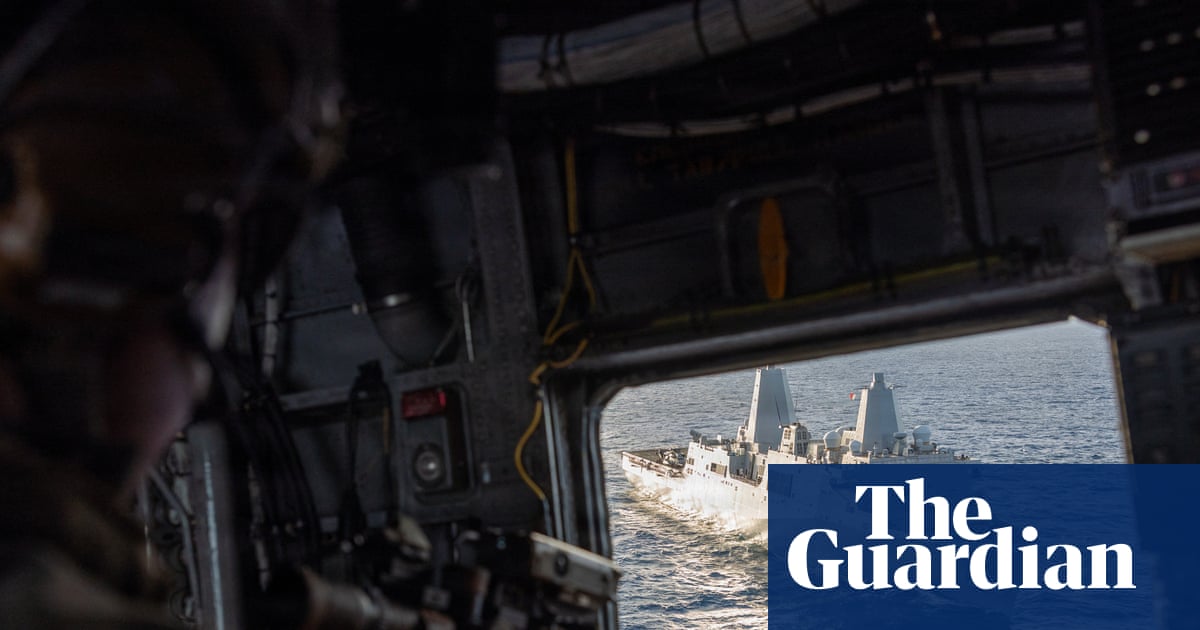In her 2025 state of the union speech last month, Ursula von der Leyen didn’t mince her words. Europe, the president of the European Commission declared, is engaged in a “fight for a continent that is whole and at peace”. Her analysis of the problem was pretty accurate. What is increasingly clear, however, is that the European Union is not the whole solution. The EU is good at many things. Being an effective defence organisation is not one of them.
Don’t get me wrong: European integration has, over the decades, performed an important security function. By binding former enemies together, it helped them overcome centuries-old rivalries. By incorporating new members, it calmed potential tensions (not least among those countries formerly within the Soviet bloc).
European integration was indeed a “peace project” – harnessing economic means for political ends. In the words of Robert Schuman, integrating coal and steel in the first postwar “community” was a means of ensuring that “war between France and Germany becomes not merely unthinkable, but materially impossible”.
Limiting access by states to the materials used for waging war was one way of ensuring peace. Tying them into institutional structures that constrained their autonomy was another. Postwar Germany was bound into a network of institutional constraints that effectively prevented a renewed attempt at continental domination. Power was diffused in a deliberate attempt to prevent hegemony.
The EU’s complex institutional system is, in other words, a deliberate feature, not a bug. The larger member states cannot impose their will on the others. Small states enjoy disproportionately high representation in the Council, commission and European parliament. Consensus rules (even sometimes when the treaties allow for some member states to be outvoted). The EU does not, as a traditional nation state does, have sole recourse to the use of force for legitimate use, let alone (look at the contemporary US) to compel compliance.
This is the price you pay for cooperation between sovereign states. No politician, however small their country, wants to report back to their electorate that their interests were ignored or overruled. And in particular, none wants to forfeit their right to decide on matters of war and peace, life and death, to lose that monopoly on the legitimate use of force.
And this is all well and good for economic policy. Here, ambiguity works and time pressures are generally not acute. The EU single market was founded on a deliberately opaque understanding between Helmut Kohl, François Mitterrand and Margaret Thatcher, whose economic philosophies could hardly have been more different. And that market is still incomplete.
Yet the EU’s success in removing trade barriers has been remarkable. And it has been possible because all EU countries feel a sense of ownership. Because even small states can’t be forced to do what they don’t want to.
When it comes to defence, by contrast, delay and fudge simply won’t hack it. You can’t spend a decade deciding whether to intervene in a conflict. Nor can you obfuscate when deciding whether to invest in air defences or tanks. Speed and clarity are simply not what the EU was designed for. Quite the contrary, in fact. Structures designed to diffuse power are utterly inappropriate if the ambition is to deploy hard power.
All of which takes on a whole new significance in a rapidly changing world. With war raging in Ukraine, and Russia increasingly willing to test Europe’s resolve on its eastern flank, Europeans are having to consider ways to either replace or supplement a weakened US commitment. And doing so in a context in which the institutional solution to which they have defaulted on so many issues is simply not fit for purpose.
Not that the EU has no role to play. Where defence and security overlap with core EU powers to act – think defence procurement and the need to encourage greater collaboration between member states – it will remain a key forum (albeit serious thought will have to go into how best to involve non-EU European states such as the UK, Norway, Switzerland and even Canada). But when it comes to the heavy lifting, to coordinating military actions by member states, it is not a suitable forum.
after newsletter promotion
If you’d told the founders of European integration that the crucial dilemma we’d face in the 21st century would be creating the conditions to allow European states to deploy military force, they’d have cracked open the champagne. However, the challenge we face now is not the one that confronted them. Our primary concern is not with taming the power of the biggest EU countries but with projecting it.
As Donald Trump calls into question the foundations of the post-1945 international order, Europeans are waking up to the need to do more to ensure their security themselves. However, a peace project cannot simply be transformed into a war project – at least not without sacrificing those things that make it effective at the things it does well. Europeans will need to look elsewhere for an institution that allows them to work together more effectively on defence.
-
Anand Menon is director of UK in a Changing Europe and professor of European politics and foreign affairs at King’s College London

 2 months ago
63
2 months ago
63






